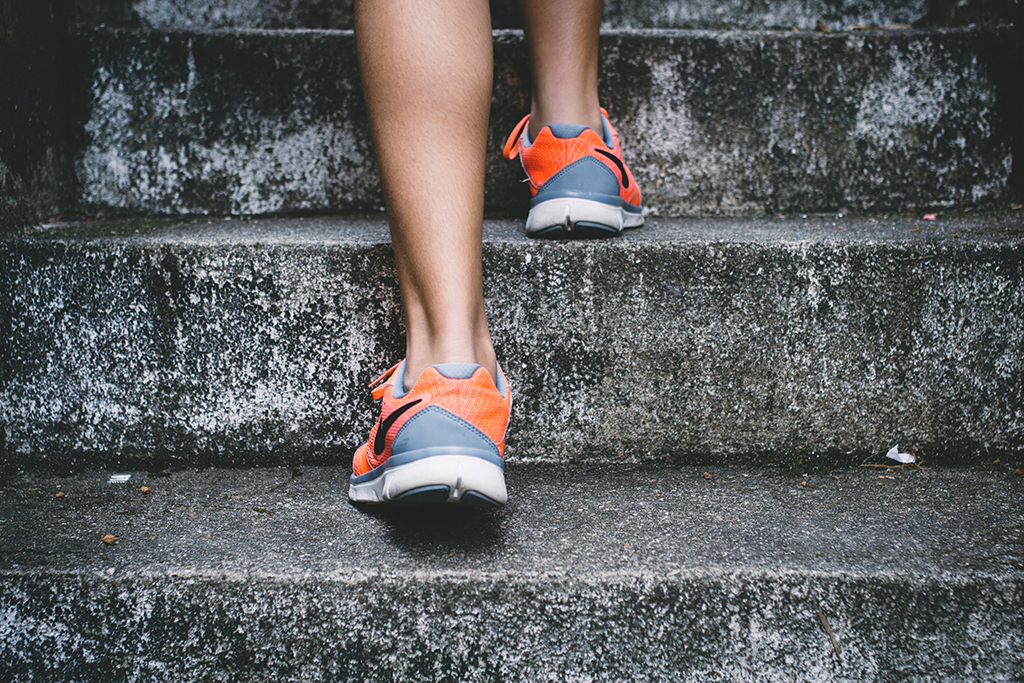After water, there are few drinks in the world that enjoy the popularity of coffee and tea. Maybe that's why they represent a source of confusion and debate in our everyday lives. It seems clear that coffee acts as a stimulant to wake us up, but does it also serve to fight illnesses? How many cups can we drink per day? Is tea the healthier option? Is there a difference between theine and caffeine? Some questions are still the subject of scientific research while others have already been answered. For example: caffeine and theine are the same molecule, and both coffee and tea can claim full rights to be classified as components of a healthy diet. That is to say that they are not harmful, "although we can't claim they are endowed with superpowers either", explains UOC Faculty of Health Sciences professor and nutritionist, Àlex Vidal.
The principal common component of tea leaf- or coffee bean-based drinks and the main reason they should be consumed in moderation is caffeine, a substance that stimulates the central nervous system and increases alertness and concentration levels. "In terms of sporting activity, it also enhances performance, promotes the burning of body fat and reduces the sensation of muscle fatigue", adds the UOC expert. As a rule, levels of caffeine are usually higher in coffee than in tea, with black tea the chart-topper among tea varieties.
But caffeine is not a substance that should be consumed on an unlimited basis. As indicated by the European Food Safety Authority (EFSA), with the exception of pregnant women, healthy adults can safely consume up to 400 mg of caffeine per day. As, according to the same institution, one cup of coffee contains between 80 and 90 mg of caffeine and a black tea around 50 mg, that gives leeway for a fair few. However, the EFSA also warns that single doses of around 100 mg may affect the duration and patterns of sleep, particularly when consumed in the evening.
With that in mind, Vidal suggests that an individual make an assessment based on their own lifestyle and stresses the importance of listening to our bodies to decide how much we should consume and at what time of the day. Hypertension may be a factor to consider. As for sports enthusiasts who drink coffee to improve their performance, the nutritionist recommends replacing your daily cup with caffeine in capsule form, "because otherwise it is very difficult for people to know how much they are ingesting and coffee abuse can cause problems such as dehydration".
Beyond caffeine
Moving beyond caffeine, however, all the evidence suggests that other substances present in either tea, coffee or, indeed, in both plants can be linked to the beneficial effects that both appear to have on health. This summer, for instance, a study headed up by scientists from the World Health Organization (WHO) has identified an association between the consumption of one to three cups of coffee a day, both caffeinated and decaffeinated, and a lower probability of premature death, particularly as a result of digestive diseases and heart disease.
Despite it being limited to an association, the study provides an indication of the change in perception regarding coffee's effects on health. Similarly, in 2016, the WHO removed coffee from a list of potentially carcinogenic products on which it had featured since the 1990s, stating that there is currently no conclusive evidence of a carcinogenic effect. The nutritionist goes on to say that, "the consumption of coffee has also been associated with the prevention of type-2 diabetes, mainly thanks to an antioxidant that aids the metabolism of sugars". Another piece of research published this year suggests that it can also help prevent liver cancer. However, "it seems that the antioxidant substances found in tea are potentially more effective in terms of anticancer properties", says Vidal.
Enjoy your daily cup without the sugar
Based on what we now know, everything suggests that neither coffee nor tea will do a healthy adult any harm provided we drink it responsibly: making sure we do not consume so much caffeine it has a negative effect, avoiding making our drinks too hot and combining our fix with a healthy lifestyle. Which also means, Vidal stresses, refraining from adding sugar and becoming accustomed to enjoying the natural taste of our favourite beverages.
Press contact
-
Editorial department

